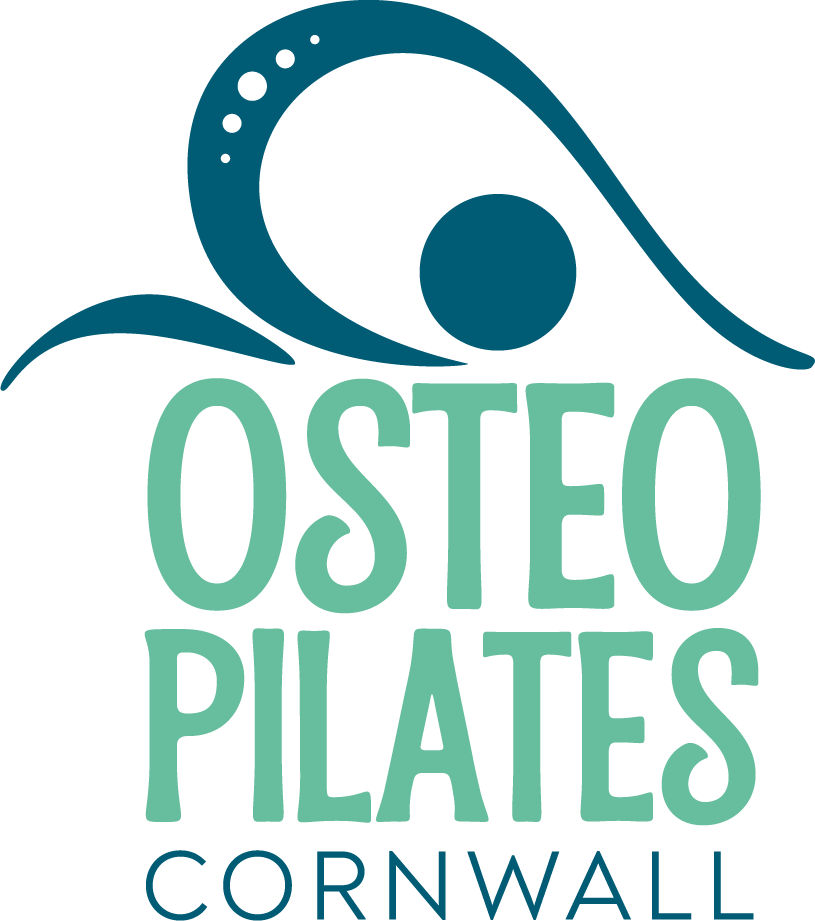The Pilates Body: A 3-step guide
Pilates can have an impact on your body if undertaken on a regular basis alongside other forms of exercise and with inclusion of a healthy, nutritious diet, and active lifestyle.
I love a controversial title to reel in an audience. Now you’re here - here’s the three steps you need to know:
1. Do Pilates
2. Realise that there is no such thing as a “Pilates Body”
3. Focus on you, your health and your own goals
Do not believe social media posts, misleading articles, edited images and claims of becoming “longer and leaner” are all telling you!
The visible effect on the body that Pilates can have on your body will depend upon many factors – as previously mentioned, your nutrition and lifestyle are key, however we need to consider other factors including exercise routine, types of exercise undertaken, sleep, genetics, your body type and shape, height, weight, health conditions, medications, abilities, stress-levels … the list continues.
The bottom line is that there is no single aesthetic that can be achieved through regular Pilates training alone.
Due to Pilates low-impact nature it is a suitable form of exercise for many different anatomies, fitness levels and abilities, ages, gender, medical conditions and injuries.
I pride myself on the inclusivity of OsteoPilates Cornwall classes where adaptions can be made and each class is designed to suit different health conditions, injuries, body types, and abilities. If you’re nervous about attending a class do let me know and I’ll see how we can best support you in joining class and achieving those goals.
For those of you who may be nervous about attending classes or starting exercise, to those who are self-conscious, or to those who are struggling with motivation for exercise – speak to your instructor, get support, try 1-2-1 sessions but, please, do not compare yourself to others in class!
A suggested approach:
1. What can you currently achieve?
2. What would you like to achieve?
3. How do I get there?
4. Is it measurable? Attainable? Realistic?
In the initial days of attending Pilates classes, I remember going to classes, feeling self-conscious and comparing myself to others “look how flexible they are, I can barely touch my knees!”, “I’ll never be able to do a press-up like that”, “they make it look so easy!” – these are ridiculous ideas and really don’t help with your own development or confidence!
What the BIG change for me was that I realised that if you change your own narrative and mindset to “I managed to do Teaser Level 2 today!”, “Just look at what my body can do!”, “I feel stronger”, “I can see small progress/feel changes”, “This week was tough, but I still turned up” – these are much more useful comments to tell yourself. After all, practise does NOT make perfect – practise makes progress.
You should not compare yourself to someone else in a class or on social media – everyone is on a different journey and their body / experiences / health is different to yours (and that isn’t a bad thing!).
To get the most from a class you should focus on your own practise and boost each other’s achievements – support is exceptionally powerful and this is something you’ll find in ALL OsteoPilates Cornwall classes.
